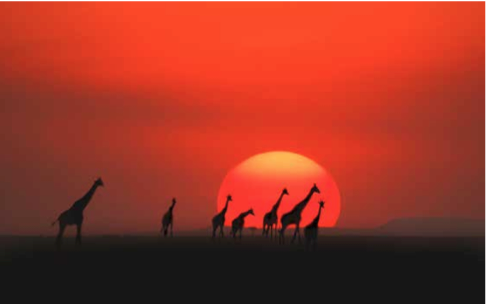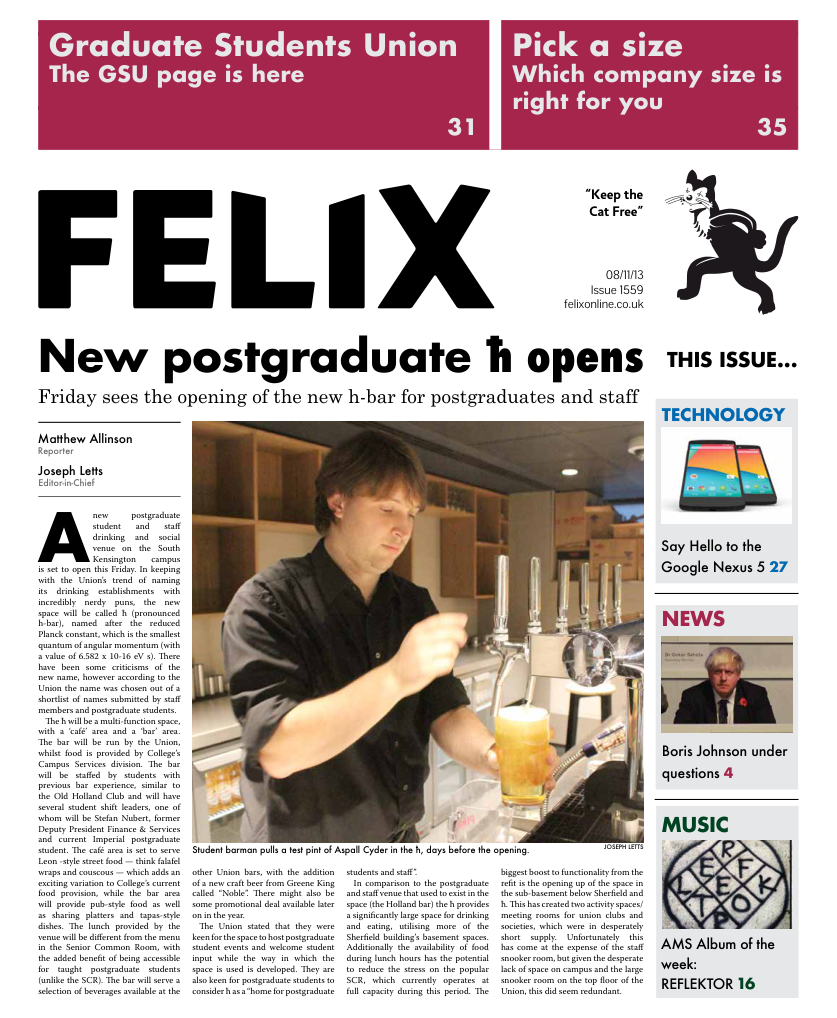Kenya: What is Next?
I was born in Kenya. I lived there until I was 10 years old. I learned to swear at someone in Kiswahili and Kikuyu. One of my fondest Kenyan memories is my first ever live cricket match at the Gymkhana Stadium in Nairobi. It was the 2003 World Cup and Sri Lanka were in town...

I was born in Kenya. I lived there until I was 10 years old. I learned to swear at someone in Kiswahili and Kikuyu. One of my fondest Kenyan memories is my first ever live cricket match at the Gymkhana Stadium in Nairobi. It was the 2003 World Cup and Sri Lanka were in town. The gulf in class was enormous and yet we trounced them by 53 runs. It really doesn’t get better than that. Sadly enough the fortunes of Kenya Cricket (and I guess the entire country in 2007) have plummeted to some painful lows, mainly due to financial and personnel mismanagement. My elder brother decided he wanted to study medicine. Since there was no way we could afford international fees my mum, brother and I moved to the UK to try and get home-fees status. My brother graduated as a doctor in 2009 and is now well on his way to becoming an anaesthetist. More importantly he is now a father. It would appear that the move has been a good decision. Having completed secondary education here my interest in Kenya became passive. People in the UK would say “You’re not black!” or, “Is that the capital city of Africa?” when I told them I was from Kenya. Until this summer I hadn’t been back since December 2008. After all, why would I want to go back to a place where electricity ran three days a week and where hot water was a luxury? Life was a lot more challenging than it should have been. Yet ‘home’ is and always will be Kenya. I think most Kenyans would agree that we are happy to slate Kenya as much as possible but we have very, very little tolerance for foreigners doing it. This is borne out of a sense of pride. The jubilation at Barack Obama becoming president of the USA was huge in Kenya. It prompted my dad to send me a text saying, “Wananchi na kuja!” meaning, “The local citizen has come.” I followed the recent March elections as much as possible. Many media and news agencies claimed they were the most important election in Kenyan history. This cannot be stressed enough. Yet no one cites Kenyan history to support this, save the bloodshed five years ago. It was incredible to see large queues at the voting stations. “We have been waiting for this for the past five years.” Were the comments of a Mr. Anthony Wachira to the BBC. The great thing about primary school in Kenya is the two main aspects of our history classes: The Roman Empire and Kenyan history. Our teacher was a very passionate Irishman. Kenya was a British colony since the end of the 19th century as part of the East Africa Protectorate. It served as a British base during World War 1. Following this, political activity in Kenya started to grow as the local people bore the brunt of the increased taxes and lower wages. Kenya was an important British base in World War 2, stimulating African nationalism. Meanwhile tensions were rising between the British (who wanted to impose their agricultural methods) and the Kikuyu tribe (who refused). As a reaction to exclusion from political representation the Kikuyu people founded Kenya’s first African political protest movement in 1921. It was the Young Kikuyu Association led by Harry Thuku. The most famous events occurred between 1952 to 1956, known as the Mau Mau Uprising, an armed local Kikuyu movement directed against the colonial government and the European settlers. It was the largest (and most ferocious) movement in British Africa. The Mau Mau fighters are declared as freedom heroes but the Mau Mau movement was described as, “a disease which had been eradicated and must never be remembered again,” by soon-to-be first Prime Minister Jomo Kenyatta. In June British Foreign Secretary William Hague announced that Kenyans tortured by British colonial forces during the Mau Mau uprising will receive payouts totalling £20m. In 1962 a coalition government formed and a constitution was established. Kenya achieved self-Government with Jomo Kenyatta as its first Prime Minister. He is renowned as founding father of Kenya. Ethnic tensions remained as Kenyatta of the Kikuyu tribe reallocated “re-possessed land” from European farmers to his fellow Kikuyus. This created tensions with the other tribes. Likewise President Moi redistributed wealth to his Kalenjin tribe while marginalising (and even attacking) the other Kikuyu and Luo tribes. Having governed with a corrupted iron fist from 1978-2002 fresh elections took place, leading to Mwai Kibaki being named president. There was much hope in Kenya and the economy grew rapidly, until Kibaki was ensnared in Moi’s leftovers. Kibaki’s regime quickly fell apart and Raila Odinga (supported Kibaki in 2002) attacked Kibaki’s government in the lead up to the 2007 elections. Kibaki and Odinga were the main contestants in the 2007 election which appeared to have been won by Odinga, until accusations of vote-rigging filtered in. Kibaki swore himself in as President. Months of ethnic violence followed between the Kikuyus, Luos and Kalenjins. Enough has been written about the atrocities. One of my idols, Wangari Maathai (first woman to win the Nobel Peace Prize), said, “If they had resources and better leadership they would not be killing each other over grazing ground and water.” A new constitution was set out by the government in 2010. It is the first (desperately needed) redaction since the 1969 constitution It has been met by widespread international acclaim in its efforts to tackle corruption and strengthen civil society. The recent election was pitted as a two-horse race between Raila Odinga and Uhuru Kenyatta (son of Jomo, the first Prime Minister). The latter (who won) stands accused by the International Criminal Court along with his Deputy President William Ruto for being involved in organising the 2007 attacks. I returned to Kenya this summer and was astounded. There are new high-rise buildings and apartments everywhere in Nairobi. The Chinese have built some new flyovers and repaired some main roads. Roads leading out to other major cities have also been built. Whatever you can get here, you can now get over there . I was in Nairobi at the time of the Westgate terrorist attack. I live quite close by. Investigations are onging and new CCTV footage is still being released: It further lets the Government down. Police and Army werefound to have looted the banks and jewellery shops in the building. This is a strange situation for me. Kenya is an outrageously bountiful country of wildlife, scenery and culture. Kenya’s economy is on the verge of massive growth and yet things social security is still terrible. Traffic is horrendous and the inner city roads are still gravel. Eye-watering sums of money are being invested into projects like Konza City which aims to be the ‘silicon savannah’. It will cost around US$14.5billion. There have also been oil discoveries in Lake Turkana,. This should be good news. I consider myself an African and therefore optimism is not a choice; it is a necessity. I have faith in Uhuru Kenyatta to leave a meaningful legacy. If he doesn’t, I hope that the next president will. Hope springs eternal. Harambee!





